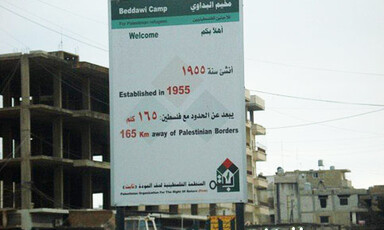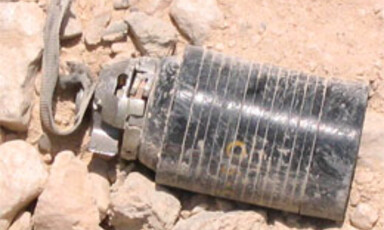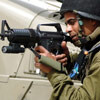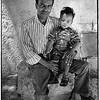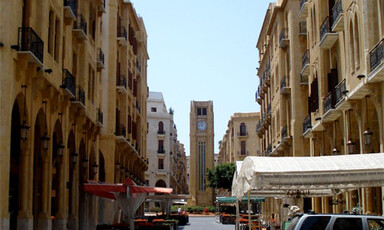
One in three Lebanese wants to leave
11 June 2007
BEIRUT, 10 June 2007 (IRIN) - Researchers warn that economic instability and persistent security threats are driving ever more young, educated Lebanese abroad, creating a brain drain that threatens the country’s economic and social future. “We’re suffering a huge brain drain,” Kamal Hamdan, head of the Lebanese Centre of Research and Studies, told IRIN. “Those who have the brains take their diplomas and leave. They are the young people who would go on to be middle executives and entrepreneurs. In the long term, their absence means we may face a serious shortage of policy developers and managers.” Read more about One in three Lebanese wants to leave
